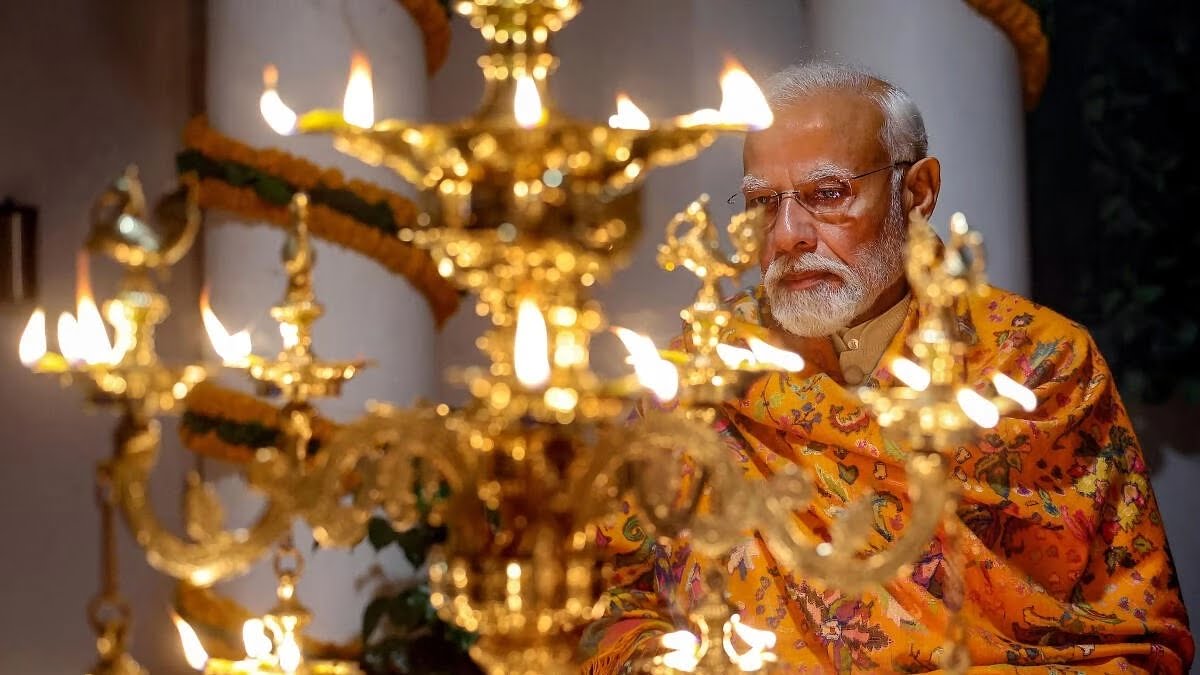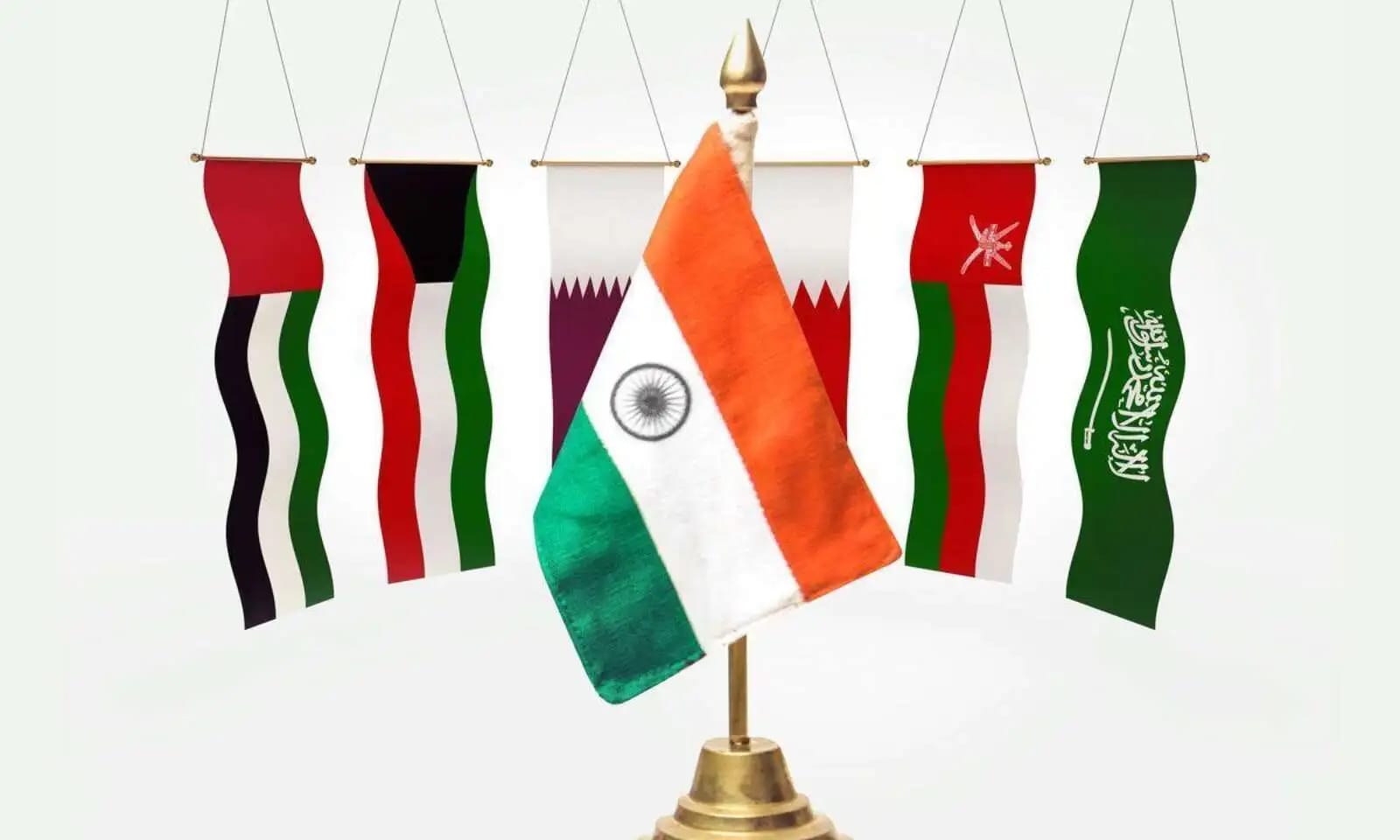The recent Ram Mandir event was the consecration ceremony (Pran Pratishtha) of the idol of Lord Ram in the newly constructed temple in Ayodhya, which took place on January 22, 2024. The event was attended by Prime Minister Narendra Modi and Uttar Pradesh Chief Minister Yogi Adityanath, over 7000 dignitaries and was broadcasted live around the world. Chandrakant Sompura, who belongs to a family of famous temple architects based in Ahmedabad. He has designed over 130 temples .He is assisted by his two sons, Nikhil Sompura and Ashish Sompura, who are also architects.
The Ram Mandir in Ayodhya is designed in the Nagara style of architecture, which is one of the two main styles of Hindu temple architecture, along with the Dravidian style. The Ram Mandir has three shikharas, with the main shikhara being 128 feet tall and the other two being 76 feet tall.
Some people argued that the Ram Mandir event was another landmark political move for Modi’s Lok Sabha 2024 election campaign, as it fulfilled a long-standing promise of the Bharatiya Janata Party (BJP) to build a grand temple. They claimed that the event would boost the popularity and support of the BJP and consolidate its core vote bank of Hindutva supporters. Others said that the Ram Mandir event was not part of the agenda for the Lok Sabha 2024 election campaign, as it was a matter of faith and devotion, not politics.
They pointed out that the event was the culmination of a long legal battle that ended with the Supreme Court’s verdict in 2019, which paved the way for the construction of the temple and the allocation of a separate plot of land for a mosque. They also argued that the event was a symbol of unity and harmony among different communities, and that the Modi government was focused on delivering development and welfare schemes for all sections of society.
Ram Mandir Event as a Political Move
How the Ram Mandir Consecration Benefits Bharatiya Janata Party (BJP)
All the views and opinions expressed are those of the author. Image Credit – Deccan Herald.
About the Author
Mansi R. Suryavanshi is a Research Consultant at The Viyug. She previously worked as an Assistant Professor (Physics) and the in administrative department of PG College. She is passionate about international affairs, geopolitics, legal affairs, and public policy and writes for the same.



